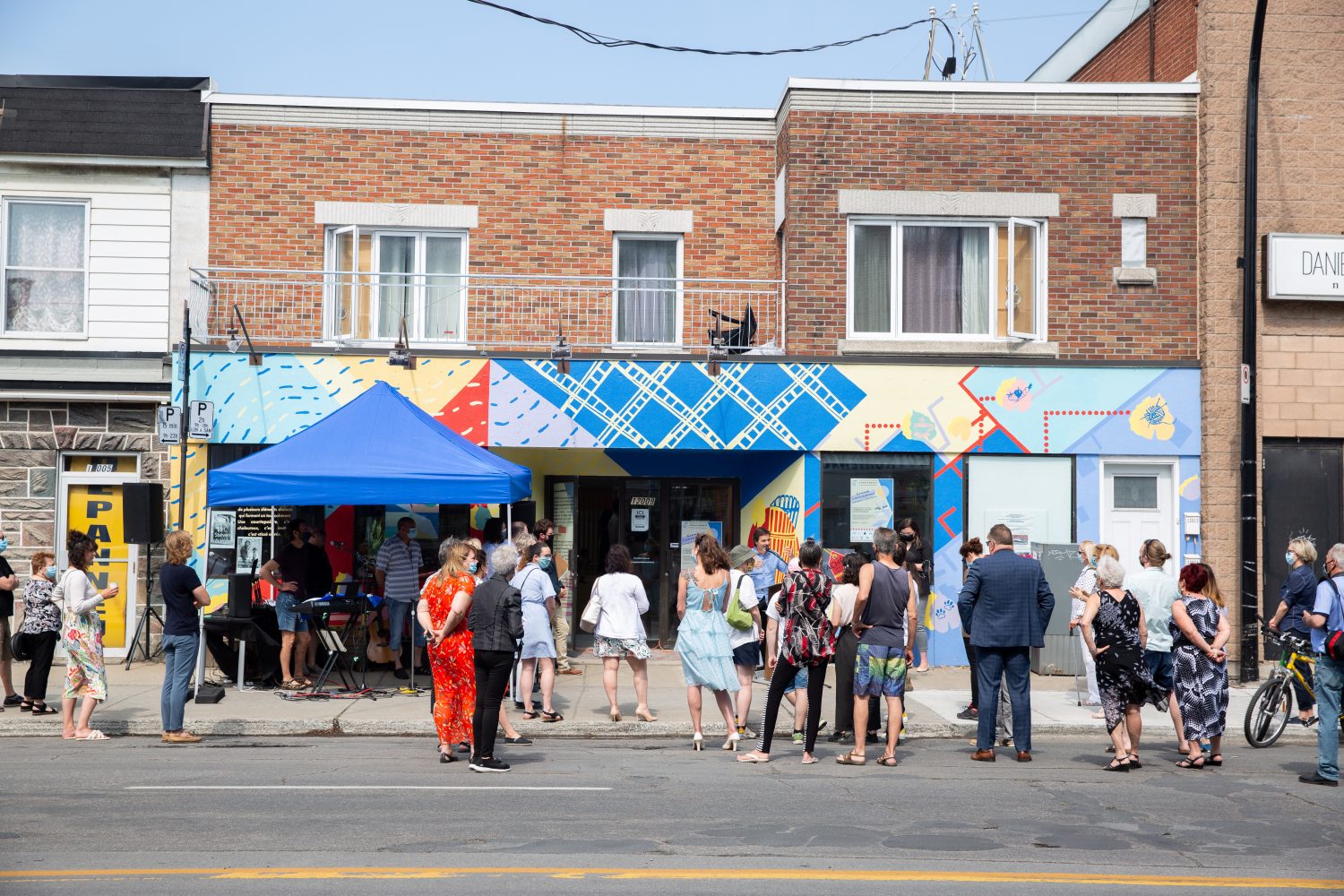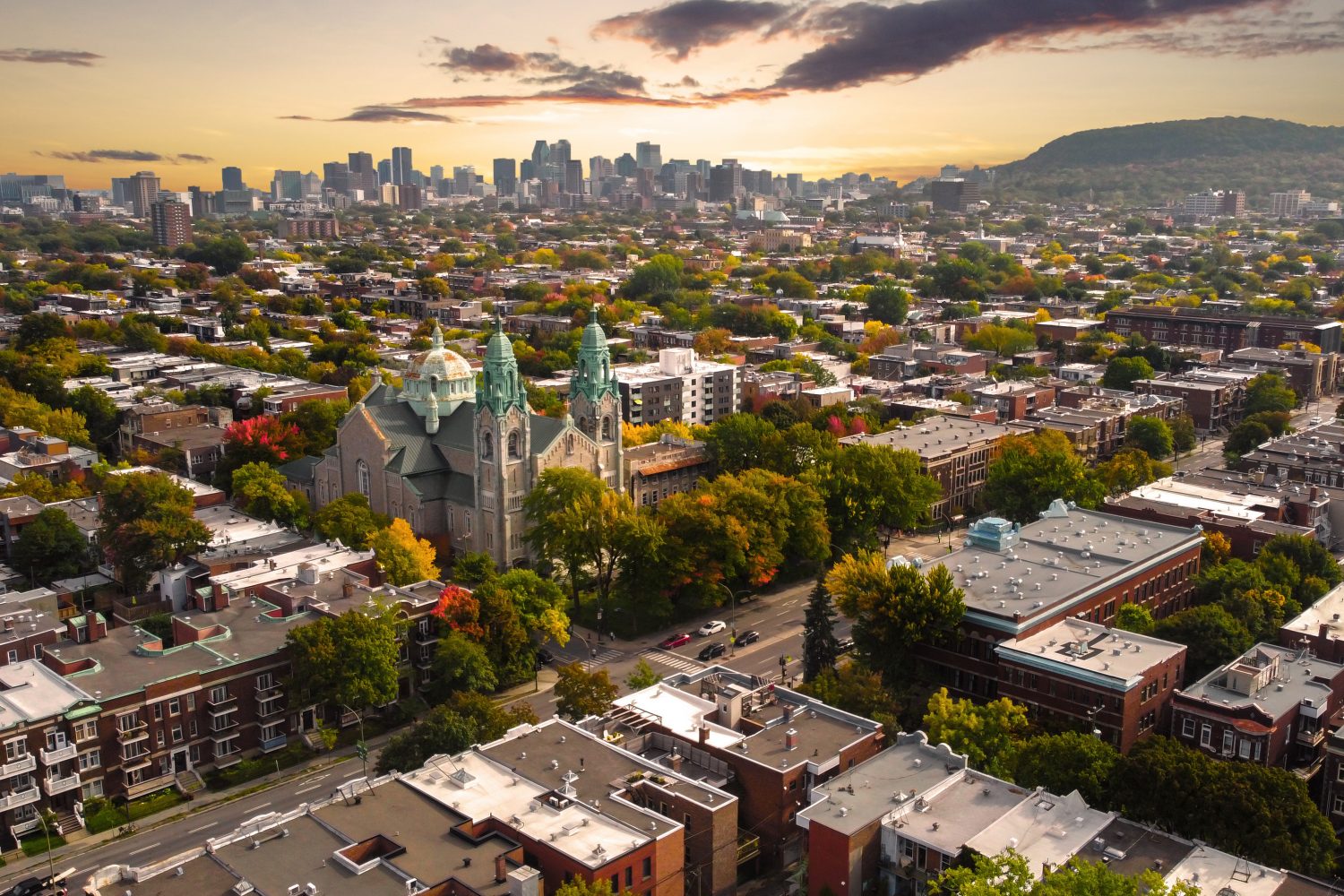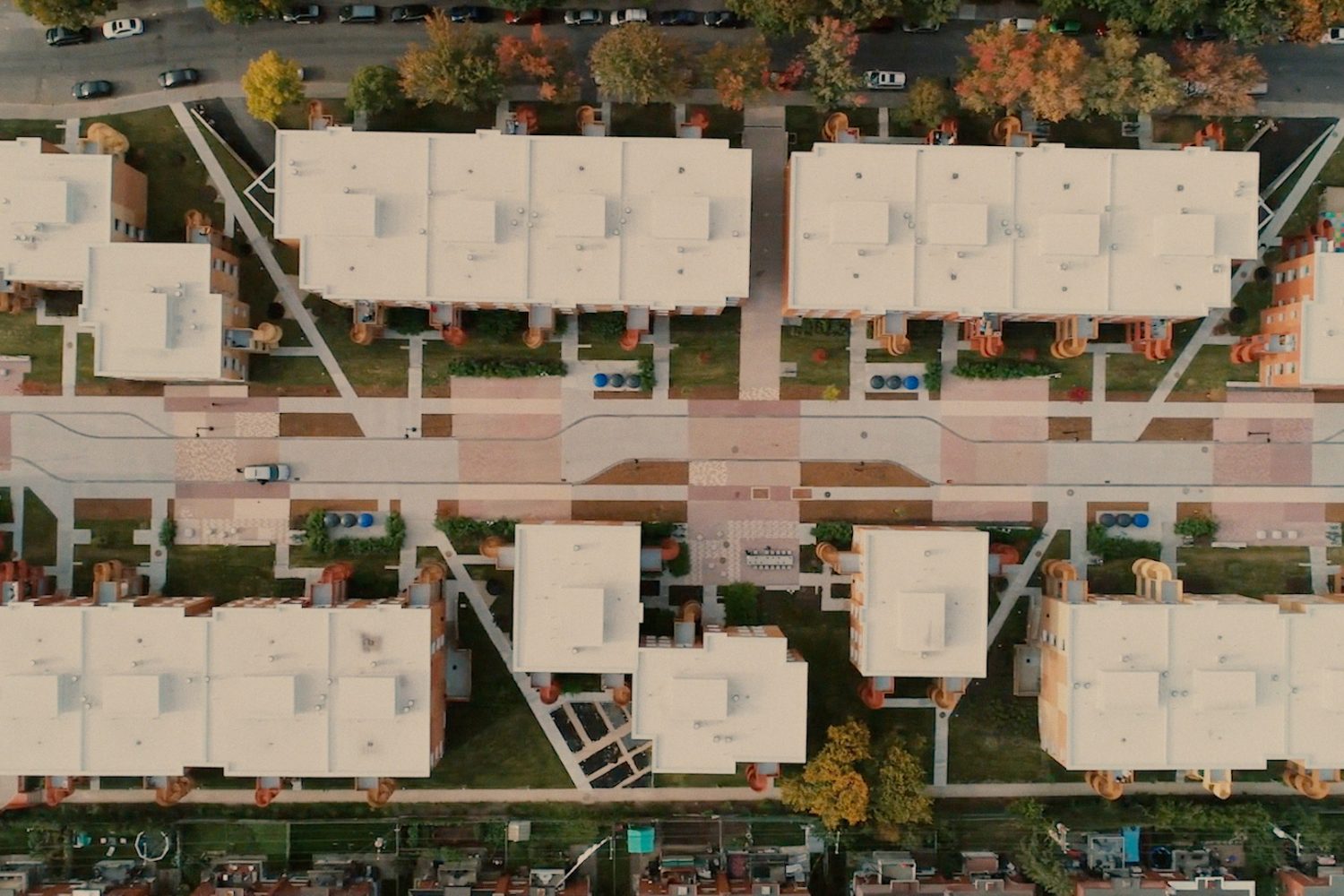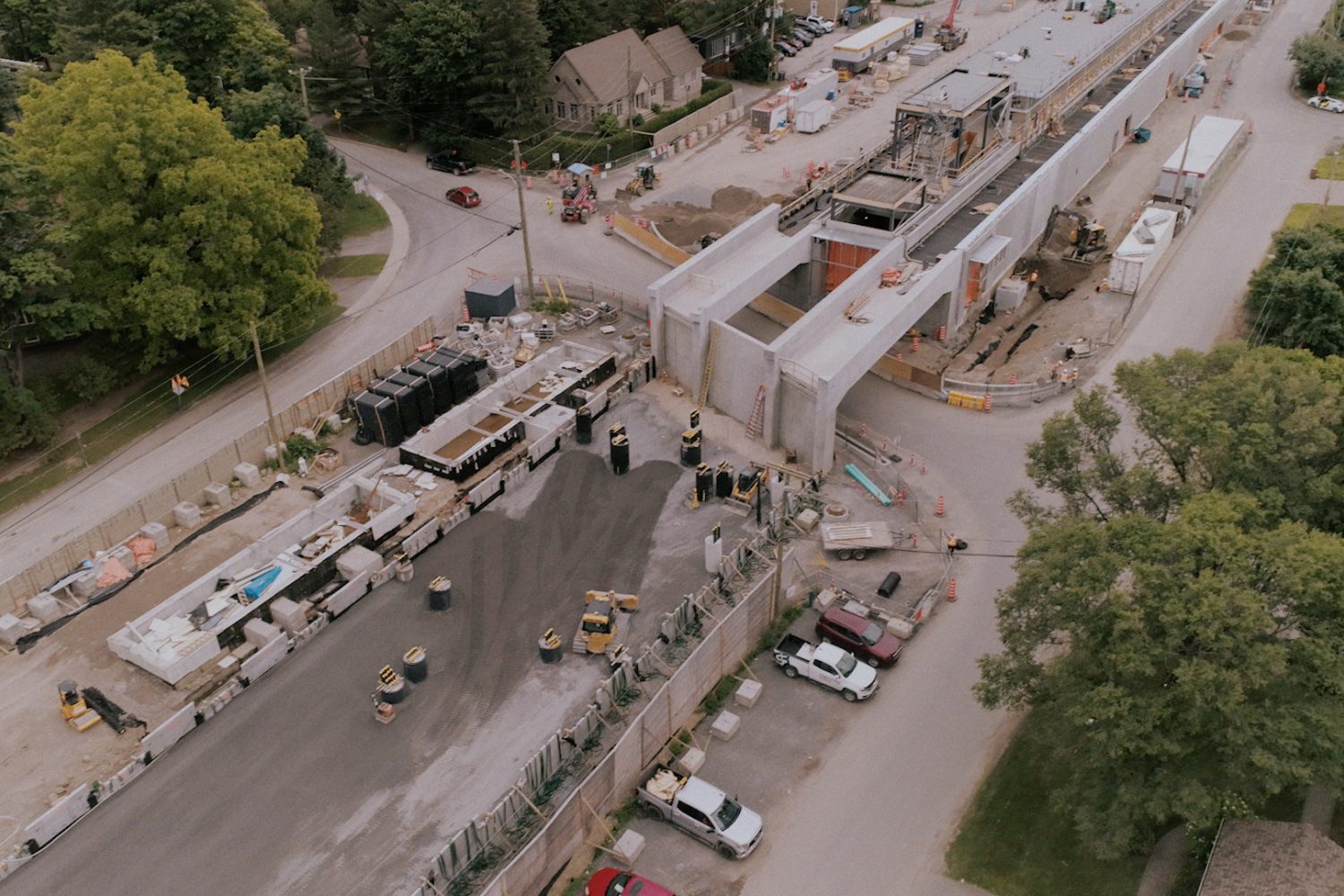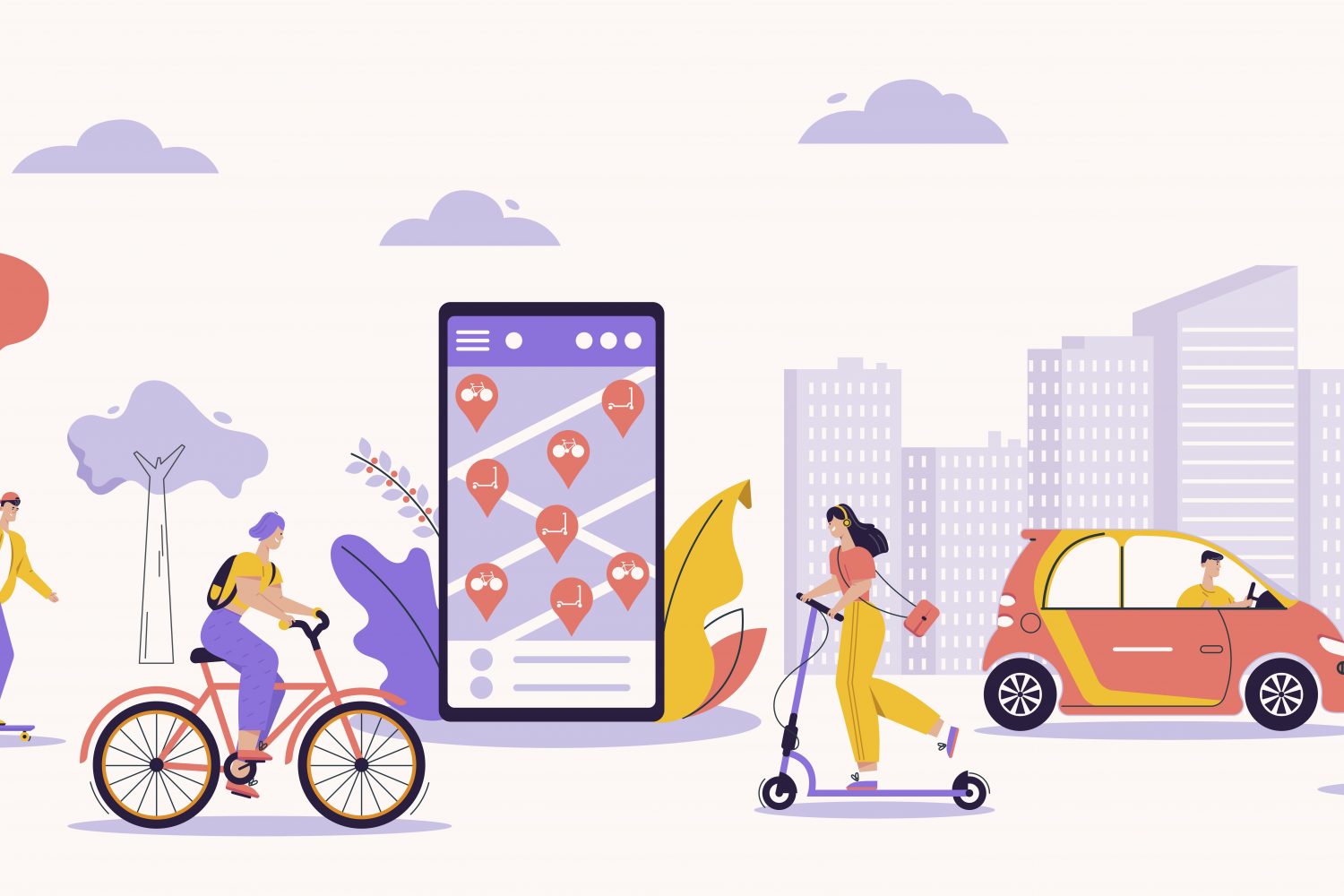
And among these new habits, using more environmentally-friendly means of transportation is a must. In recent years, despite the pandemic having made us favour driving or avoiding non-essential travel, the focus has shifted to investing in alternative solutions, such as multimodal and intermodal mobility.
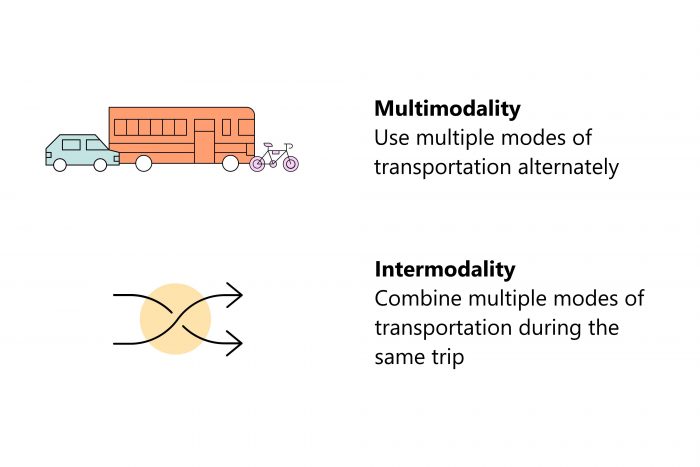
In Montréal, in December 2016, CDPQ Infra announced several agreements allowing passengers of the future western REM to have access to diverse, clean and accessible transit options to avoid driving, traffic jams and to ultimately reduce pollution.
Inspired by the MaaS (Mobility as a Service) movement, integrated mobility services will be set up around stations and will include active modes of transportation (BIXI, cycling), carpooling services (car2go and Netlift) and electric cabs (Téo Taxi). These new services will enhance the public transit systems currently being optimized, making commuting easier and more pleasant, as well as accommodating the unique needs of passengers at different stations.
Originating in Scandinavia, the MaaS movement aims to transform travel patterns in order to reduce the number of personal vehicles and increase the use of shared public and private transit services. This modern and sustainable solution is consistent with the spirit of innovation that has guided the REM project since it was announced.
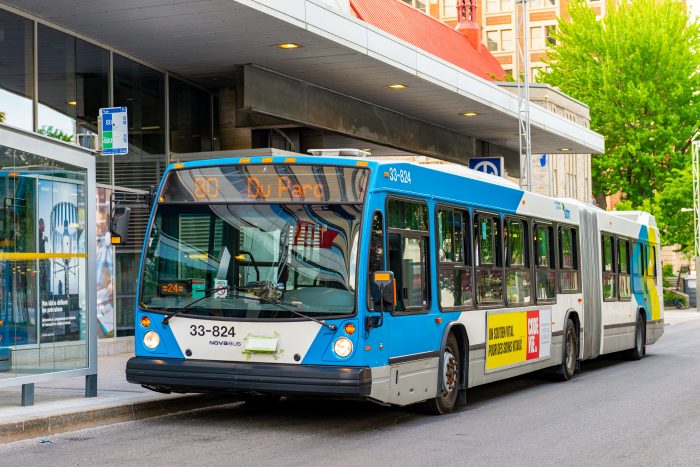
In Europe, the city of Bremen initiated a pilot project in 2013 that turned public transit stops into mobility stations called “mobil.punkt” near streetcar stations where passengers could access carsharing vehicles, bikes and buses.
An application is being developed in several European cities, as well as in Canada and Quebec, for trip planning, where all existing public and private mobility services in a given area would be combined in order to streamline consumer use.

Even though the pandemic has disrupted the timeline of these new measures and initiatives, it is now easy to picture planning the day of, or even the night before, from home, via a single application, your entire itinerary to reach your workplace or any other location, without frustratingly going from one application to another.
Imagine! Leaving your home in Laval, for instance, taking a BIXI to the Montmorency station, which takes you to the Rosemont station, and, from there, hopping on the 25 bus towards Angus, which takes you east and drops you off at the intersection of William Tremblay and Molson, right in front of your office, without the stress and frustration of missed or late transportation, nor the temptation to take your car.
However, in order for such practices to become more widespread and fully effective, people need to use other means of transportation than their personal cars. Increased outreach will be critical to initiate this shift in mindset and perception towards active and alternative transportation.
Montréal, one of America’s most congested cities, depends heavily on cars, even as the Canadian metropolis with the most residents living near rapid transit (Island of Montréal). Frédéric Schettini, founder of the innovative company MobiGIS
And in order to promote these alternative routes, public authorities and private partners need to invest in the development of transportation services, especially electric transportation, and in upgrading existing vehicles in the near future.
[1] https://www.via-id.com/quest‑c… (French only)





